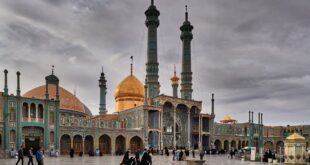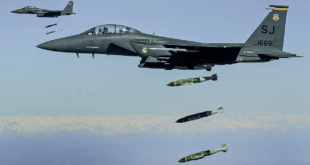 OPEC’s second largest producer Iran is making a drastic cut in gasoline imports through rationing and expects to save nearly $3 billion in this Iranian year, a top Iranian oil official said on Tuesday. The Islamic Republic aims to slash petrol purchases to 15 million liters per day (94,000 barrels per day) over the next six months — nearly 60 percent below the rate before rationing started in June, when Tehran imported 36 million liters a day.
OPEC’s second largest producer Iran is making a drastic cut in gasoline imports through rationing and expects to save nearly $3 billion in this Iranian year, a top Iranian oil official said on Tuesday. The Islamic Republic aims to slash petrol purchases to 15 million liters per day (94,000 barrels per day) over the next six months — nearly 60 percent below the rate before rationing started in June, when Tehran imported 36 million liters a day.
“We are buying tremendously less in the market than before rationing was imposed in June,” Hojjatollah Ghanimifard, international affairs director of the state-owned National Iranian Oil Company (NIOC), told Reuters.
“With this lower amount of imports, we expect to save about $3 billion over the whole year.”
The effects of rationing already are in evidence, with Tehran saving about $950 million during the first half of the Iranian year (from March 22-Sept. 22).
During that period, the Islamic Republic’s imports of gasoline averaged 25 million liters per day. The next six months will be even lower.
“Our import target for the second half of the Iranian year is a maximum 15 million liters/day,” said Ghanimifard.
Iran’s gasoline import requirements are 15 million liters/day for this month and 14 million liters/day in October, he said.
India, the Netherlands, France and the United Arab Emirates are Iran’s primary suppliers.
On Friday, Iran’s consumption of gasoline was running at 64 million liters, said the Iranian official — down 20 percent from up to 80 million liters/day before rationing.
Importing gasoline is a costly business for Iran, which subsidizes all fuel sold at the pumps — whether imported or not — so drivers pay just 1,000 rials (11 US cents) a liter.
Under rationing, private cars can buy 100 liters of gasoline a month, but drivers can also buy their quotas up to six months in advance.
 Eurasia Press & News
Eurasia Press & News



